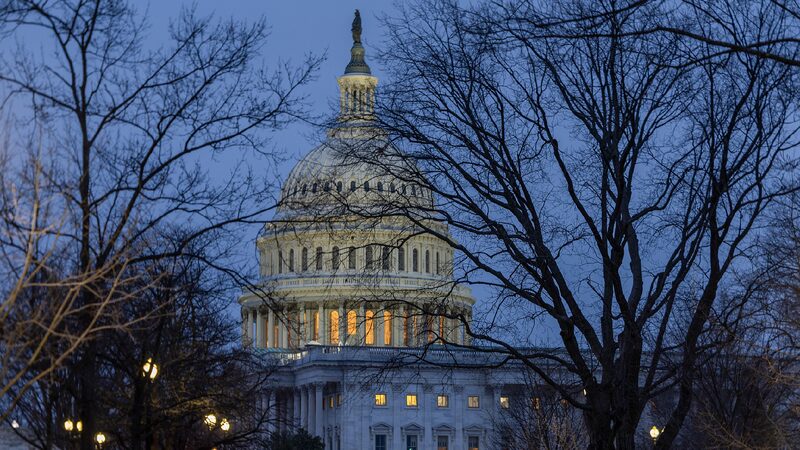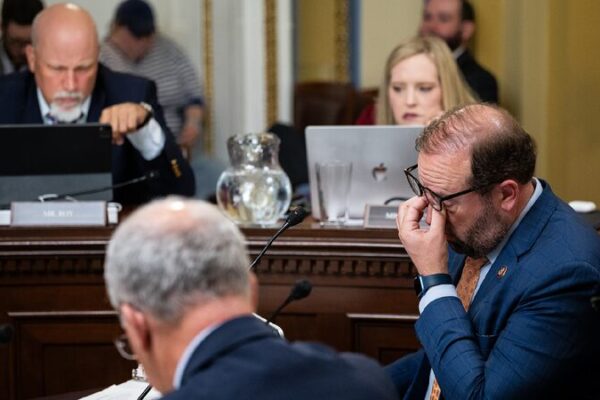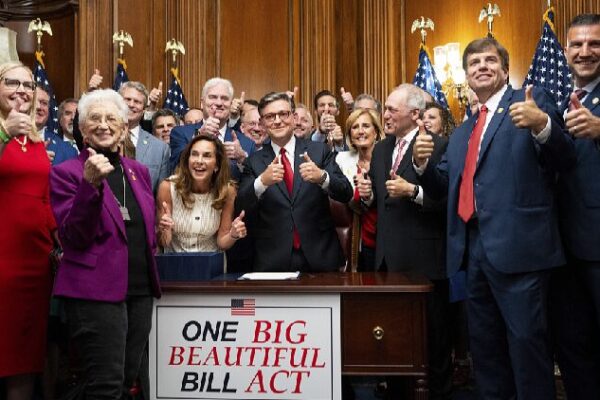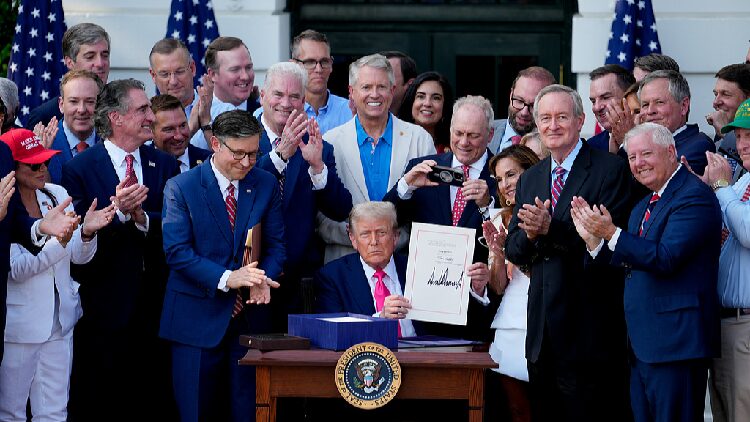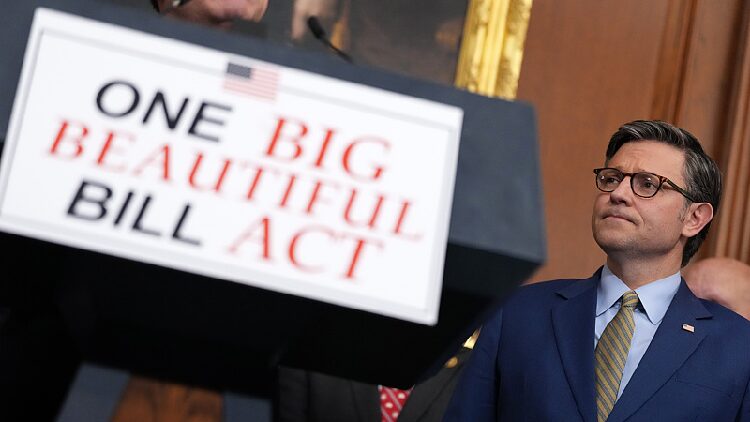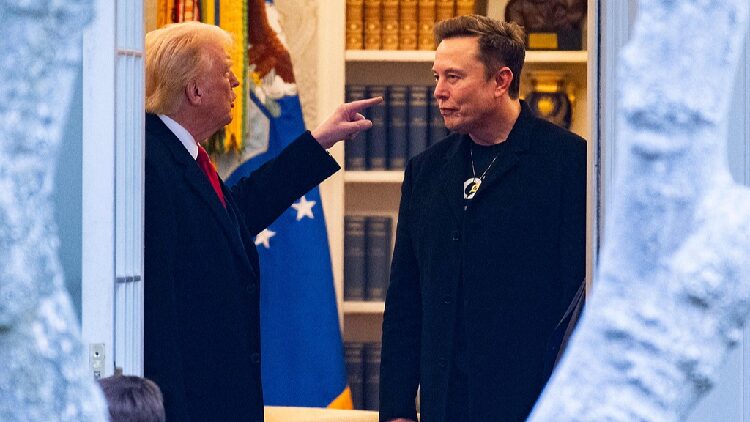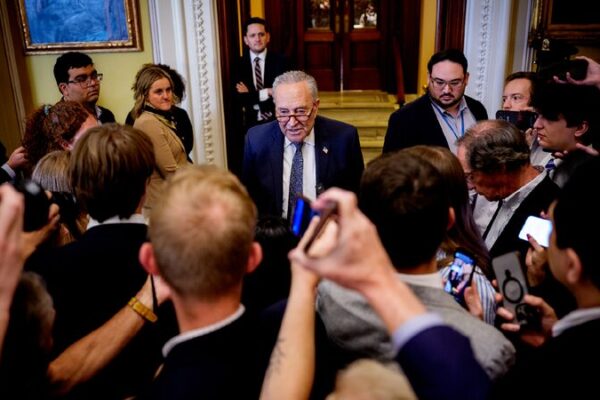The U.S. Senate approved a stopgap funding bill on Friday, averting a government shutdown just hours before the midnight deadline. The bill, which maintains federal funding at current levels, will keep the government operational until September.
The Senate voted 54-46 to pass the measure, following the House of Representatives’ approval earlier in the week. The House passed the bill with a narrow margin of 217-213, largely split along party lines. The legislation now heads to President Joe Biden’s desk to be signed into law.
Senate Minority Leader Chuck Schumer, a Democrat from New York, initially opposed the bill due to concerns over limited input from his party. However, he later shifted his stance, emphasizing the importance of keeping the government running. “Avoiding a shutdown is paramount,” Schumer stated. “While the bill isn’t perfect, it ensures that essential services remain available to the American people.”
The last time Congress faced a similar situation was in December, when a short-term spending bill was passed just hours before federal funding was set to lapse. That measure allowed the government to maintain current spending levels until March, highlighting a growing reliance on temporary fixes amid partisan divides.
Under normal circumstances, government funds are allocated through annual budget appropriations, with Congress expected to pass new bills before the fiscal year begins on October 1. However, increasing political tensions have often led to delays, making stopgap measures necessary to prevent disruptions.
Government shutdowns can have significant consequences, including furloughing federal employees and halting critical services. With the temporary funding secured, lawmakers aim to use the coming months to negotiate a more comprehensive budget that addresses the priorities of both parties.
As the stopgap bill awaits the president’s signature, attention turns to the broader challenges facing Congress. Reaching a long-term agreement will require bipartisan cooperation, something many hope to see in the interest of national stability.
Reference(s):
U.S. Senate approves six-month funding bill to avert shutdown
cgtn.com
